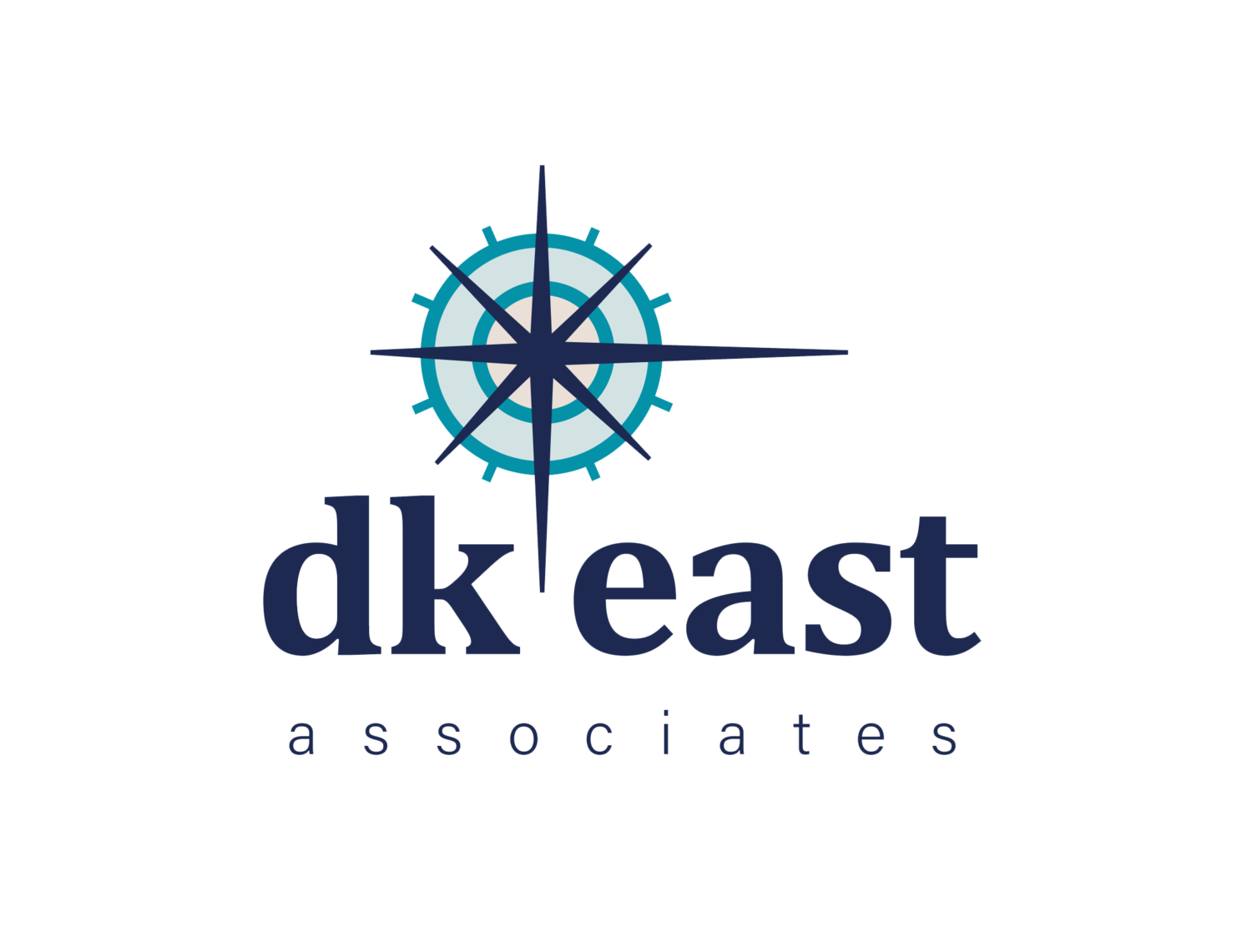Business plans: who needs one, why you need one and what the heck is in one!
Would you take a really long road trip without a GPS?
We're halfway through 2021. Do you have an overall business plan at all? Having a solid business plan is key to success. Why do you need one? You may be thinking, hey I'm not looking for funding or investors so why do I need this? That's a great question that I get a lot as a CFO. Who needs one, why you need one and what the heck is in one!
Who needs a business plan? The fact is every business needs one.
Let's first look at it from just the business owner's perspective.
One of the first things you tackle in your business plan is a market analysis or market research.
Is this product you're making or service you're providing is needed?
Who is going to need it?
When do they need it?
How do they want it delivered to them?
My strongest advice is to get this information vetted before heading down the road of the rest of the plan or worse, starting the business altogether. And remember, you don't need to be offering up some brand new product, service or concept but you do need to identify how you or your product is different from everything else out there. From an owner's, or prospective owner's viewpoint, it's crucial to know who your customer is or frankly if there even is one.
Your business plan also gives you a moment to make sure this idea is really going to work. Hey, numbers don't lie. Putting this all down in a spreadsheet, or business plan software if that's your thing, and plotting your course will let you know how and when this whole thing will work. A course that you can refer back to over and over again to keep you on track, or to determine your pivots. This business plan will also provide very useful benchmarks and metrics to measure your actual performance against.
Who else might be looking at this?
Lenders and investors. If you are or will be looking at fundraising, the business plan is non-negotiable. This is the document that lenders and investors will look at first to see if you have a viable business and have thought through your process and roadmap. This is where they start to decide how much they are willing to lend or invest in you.
Now let's dive into WHAT'S in a business plan.
There are generally 6 sections to a business plan.
First is the executive summary - what is your business and why will it work. Think of this as your TLDR moment. Give a snapshot of what your company is doing, why it will be successful, your mission statement, who the leadership team is and, if you're using this for lenders or investors, include a top level view of your financial information and projected growth. This isn't the full blown P&L but more general "we anticipate $1,000,000 in revenue in the first year with a net income of $350,000. We are projecting growth of 20% year over year for the first 3 years."
The second is market research/analysis - is there a need for this?? You'll need to have a good read on your industry and what others are doing in it.
Next, what are you selling?
What exactly are you selling and how will it fill that market need?
What does your product or service look like?
Is it a one-time purchase? Is it a subscription? Is it a retainer?
What is the life cycle? Does your customer keep coming back at what cadence? Monthly? Quarterly? Annually?
The next section tackles organization management.
Here you'll want to discuss how your company is being organized: that is, corporate legal structure like LLC, partnership, corporation etc. And you'll provide information as to who is on your leadership team? What do they bring to the table?
Now we get to marketing & sales.
Your goal here is to let your plan reader know how you'll attract and retain customers. You'll also describe how a sale will actually happen. You'll discuss how you will market and reach that target customer you described in your market research section.
If you're looking for funding, you'll talk about that next.
How much do you need? What will you do with that funding? Be specific here - is it for operational expenses like salaries and rent or is it for capital expenditures like buying equipment or locations? How long will it last? Is it debt that you will pay back or is it equity/ownership in your business or something in-between like convertible notes?
And finally we have financial projections.
All the above is great but if you need to lay out what your financial future will look like. Lenders will want to know that you will be able to pay them back within the terms of your loan. Investors will want to know when they will start seeing a return on their investment in your company. And, for you dear business owner, this is where you will lay out your plan so you can measure your success against the plan and make pivots or course corrections accordingly. This is where you tell yourself, we are going to do X by this date. This is your goal.
Ok so now you may be asking yourself, I'm already in business and 'm doing fine. And sure that may be true but let's look at it this way. Would you take a really long road trip without a GPS?

